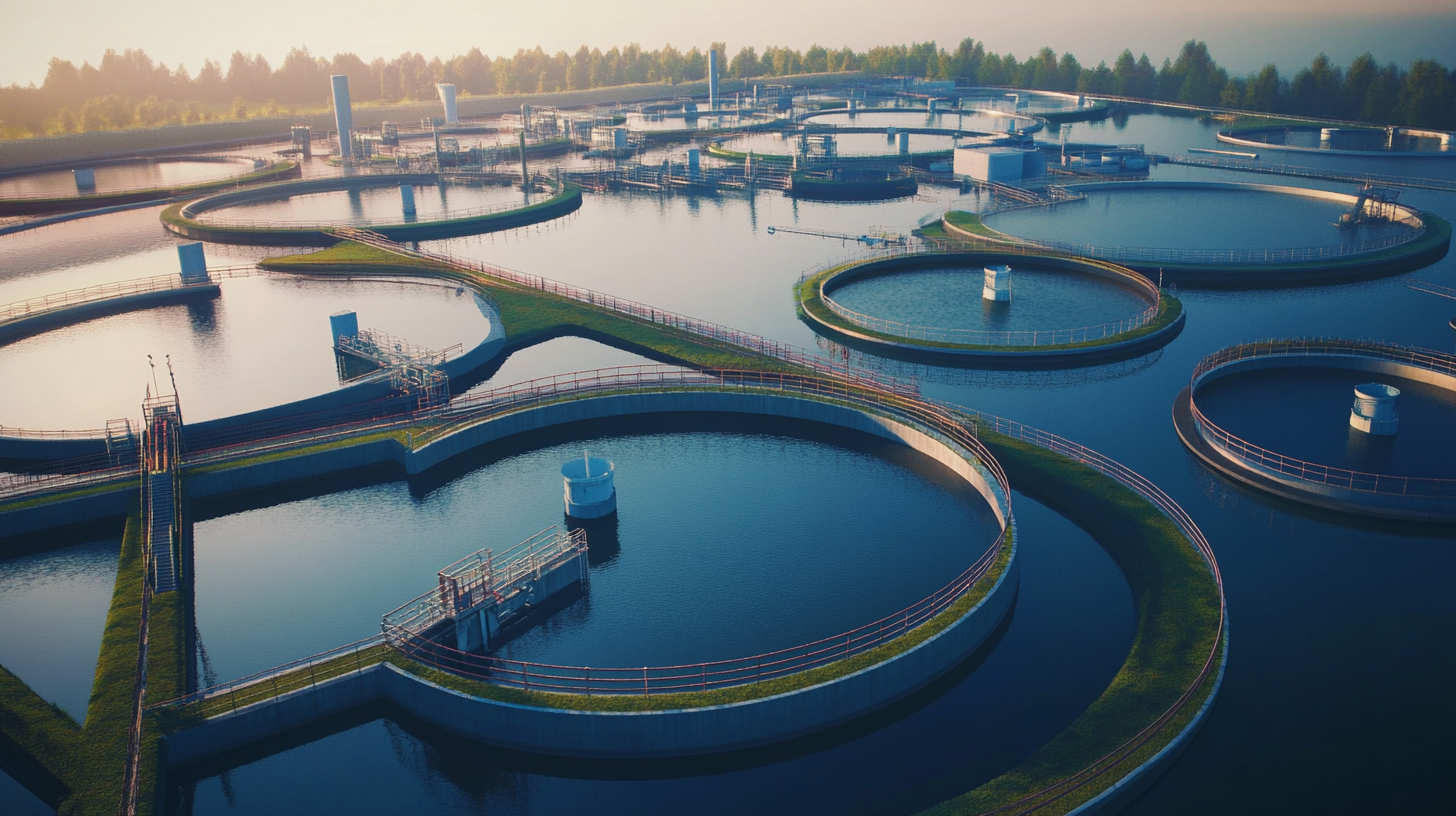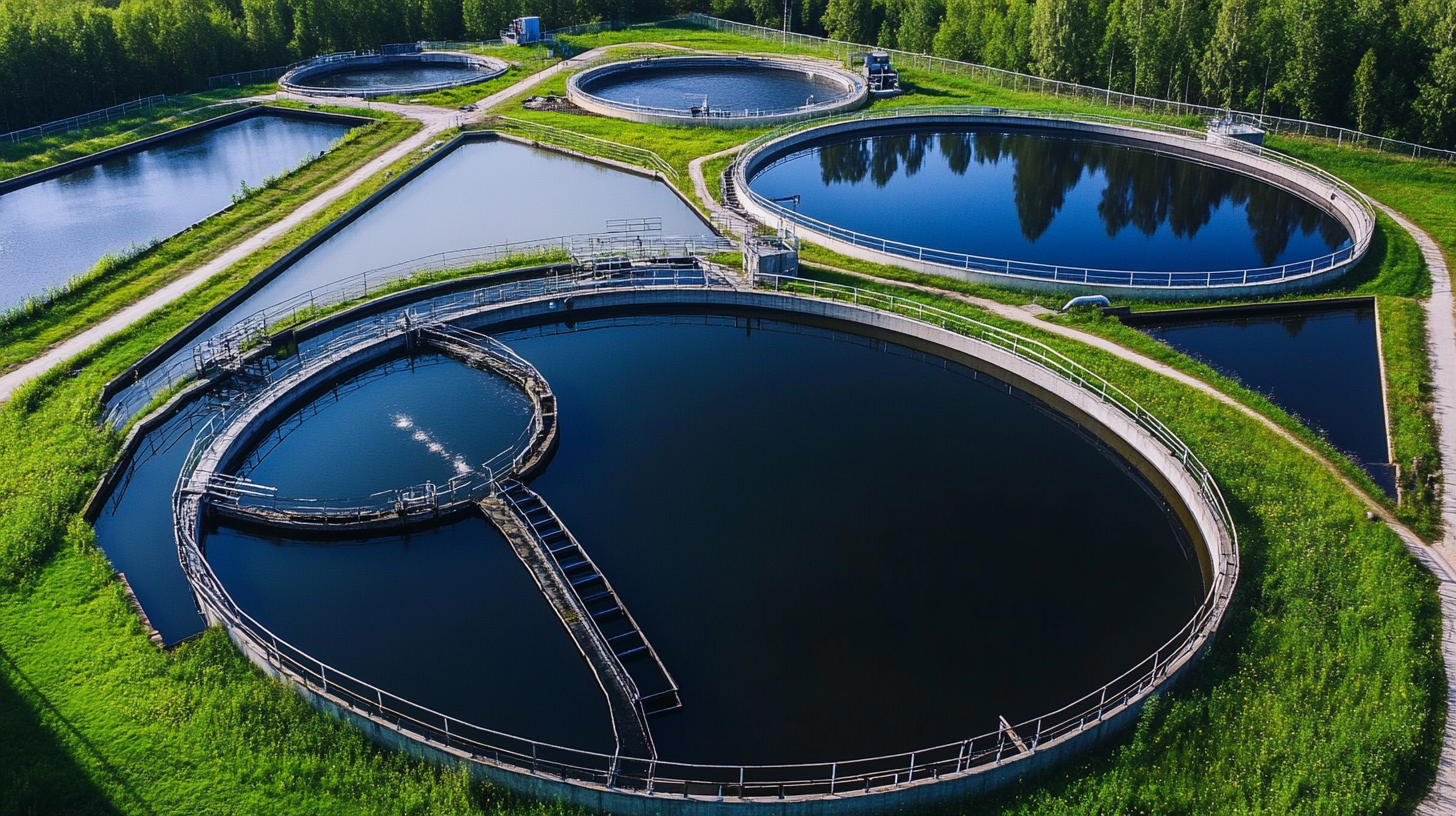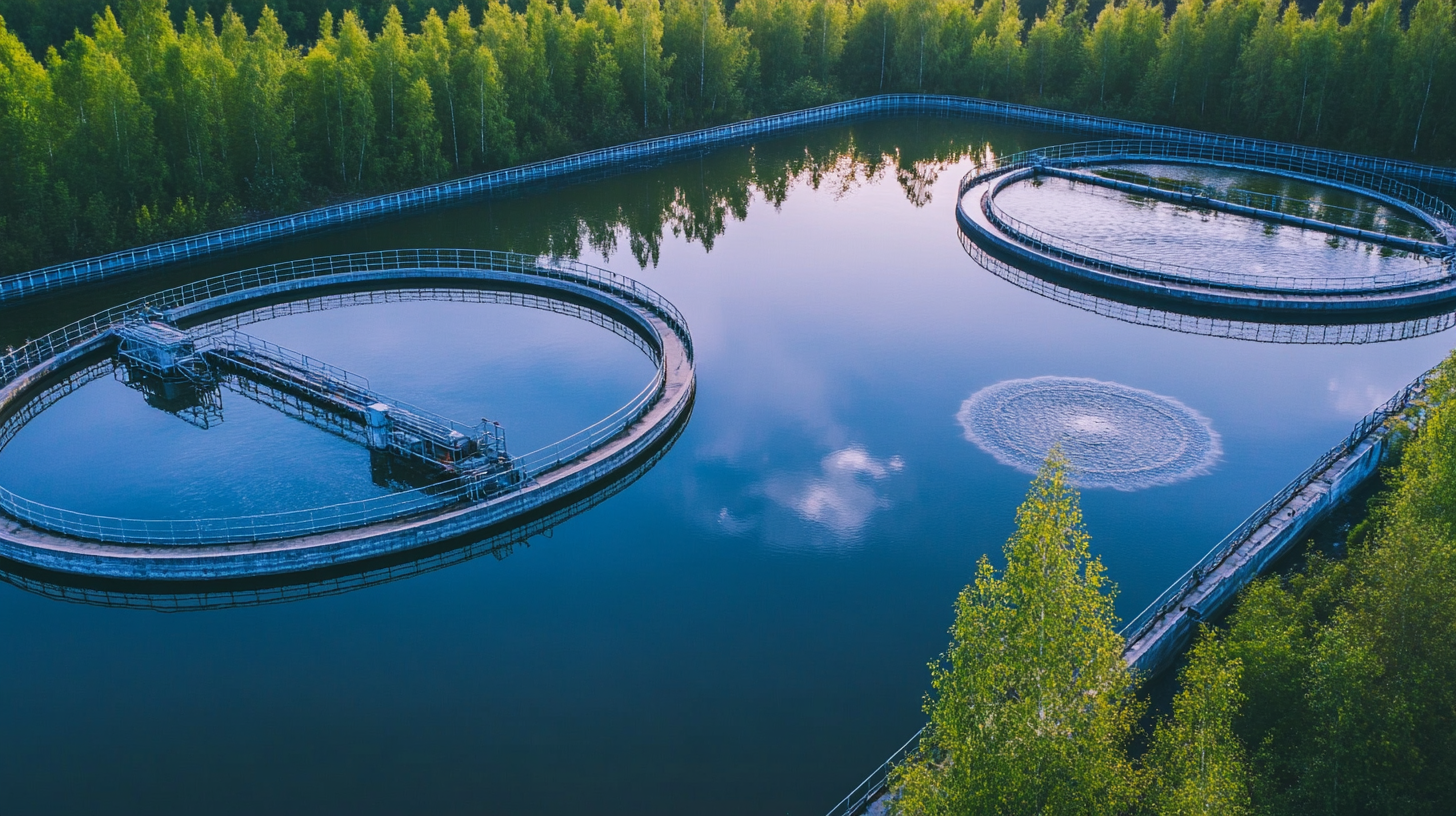The Water Recycling Industry is witnessing a transformative phase as sustainability concerns and resource scarcity drive innovations in water management. According to a recent report by the Global Water Intelligence, the global market for water recycling and reuse is projected to reach $100 billion by 2025, highlighting the growing demand for effective water solutions. With urbanization leading to increased water consumption and pollution, conventional water supply methods are becoming unsustainable, prompting the exploration of alternative strategies. This blog delves into innovative approaches within the Water Recycling Industry that not only enhance efficiency but also position organizations as leaders in environmental stewardship. By comparing various technologies and methodologies, we aim to provide insights that can guide stakeholders in making informed decisions about the best practices for water recycling and reuse.

In the quest for sustainable water management, exploring cutting-edge water recycling technologies is crucial for global markets. Advanced membrane filtration systems and biological treatment processes are at the forefront of this evolution, offering municipalities and industries efficient solutions to manage water scarcity. Technologies such as reverse osmosis and microfiltration not only enhance water quality but also recover valuable resources from wastewater, paving the way for a circular economy.
Tip: When considering a water recycling strategy, it's essential to evaluate the specific needs of your region. Customizing technologies to local conditions can enhance efficiency and effectiveness.
Another significant trend is the integration of smart technologies in water recycling practices. Internet of Things (IoT) devices and artificial intelligence (AI) are being utilized to monitor and optimize water treatment processes, resulting in reduced operational costs and improved output quality. By embracing these innovations, businesses can achieve greater sustainability and compliance with environmental regulations.
Tip: Regularly updating infrastructure and investing in training for staff on the latest technologies can significantly improve the performance of water recycling initiatives.
As China grapples with severe water scarcity and pollution, the role of sustainability has become paramount in the expansion of its water recycling industry. According to a report by the International Water Association, it is estimated that by 2030, the demand for water in urban areas could outstrip supply by 40%. This dire situation has propelled the Chinese government to implement innovative, sustainable strategies that not only improve water recycling processes but also enhance overall water management systems.
Investments in advanced technologies, such as membrane bioreactors and smart water distribution systems, are fundamental to this growth. A recent market research report indicates that the water recycling market in China is projected to grow at a compound annual growth rate (CAGR) of 12.5% through 2025. The integration of renewable energy sources and circular economy practices into water recycling processes further contributes to sustainability goals, ensuring that water reclamation not only meets the immediate needs but also preserves vital resources for future generations. These transformative initiatives exemplify how sustainability drives innovation and growth in the burgeoning Chinese water recycling industry.
China’s entry into the global water recycling market showcases the country's innovative strategies that effectively tackle local and international water scarcity. According to a report by the China Water Risk organization, the global water market is projected to reach $1 trillion by 2025, emphasizing the need for sustainable practices and technologies. Brands like Veolia Water and China National Water Resources have set exemplary standards by integrating cutting-edge technologies such as membrane bioreactors (MBRs) and advanced oxidation processes (AOPs) in their projects. These advancements not only enhance water quality but also promote energy efficiency, making them viable alternatives in the water recycling industry.
**Tip**: One successful case is that of the Haier Group, which implemented a closed-loop water recycling system in its manufacturing processes, reducing water consumption by 30%. This exemplifies how adopting sustainable practices can result in significant cost savings and environmental benefits.
Another notable example is the collaboration between Chinese and European firms in wastewater treatment initiatives, which has led to the export of advanced technologies and expertise. Reports indicate that such partnerships can enhance operational efficiencies by up to 25%.
**Tip**: Companies aiming to enter the international water market should explore strategic alliances and technology sharing, as these can pave the way for sustainable practices and improved market positioning.
| Strategy | Implementation Year | Impact Area | Outcome |
|---|---|---|---|
| Decentralized Water Treatment | 2019 | Urban Areas | 30% reduction in water consumption |
| Wastewater to Potable Water | 2021 | Rural and Urban Areas | Increased water supply by 50% |
| Solar Water Purification | 2020 | Remote Communities | Improved access to clean water |
| Membrane Filtration Technology | 2018 | Industrial Sector | Enhanced efficiency and lower operation costs |
| Rainwater Harvesting | 2022 | Commercial Buildings | Reduced reliance on municipal water |
The water recycling industry faces a dynamic landscape of regulatory challenges and opportunities, especially in the context of global trade. Striking a balance between environmental sustainability and economic growth is crucial. Regulations often dictate the feasibility of recycling technologies and their integration into existing infrastructures. Countries vary significantly in their legislative approaches, which can create barriers to cross-border collaboration and trade in recycled water products.
Tip: Engage with local government agencies to understand the specific regulatory framework impacting your operations. By being proactive in compliance, businesses can not only ensure adherence but also identify potential avenues for innovation within the existing guidelines.
Moreover, as the global demand for water resources increases, opportunities for reforming outdated regulations become apparent. Adapting regulations to allow for innovative recycling techniques can facilitate international partnerships and expand market access.
Tip: Stay informed about evolving regulations and policies. Joining industry associations or forums can provide vital networking opportunities, allowing businesses to share insights and influence regulatory changes that support water recycling initiatives on a global scale.

In the rapidly evolving water recycling industry, collaborative innovations are emerging as pivotal solutions to address global water scarcity. Partnerships between governmental bodies, private enterprises, and research institutions are fostering creative approaches to water recycling technologies. These collaborations enable the sharing of expertise, resources, and funding necessary for pioneering effective systems that can transform wastewater into a valuable resource. By leveraging diverse knowledge pools, stakeholders can implement tailored solutions that meet local needs while promoting sustainable practices.
**Tip:** When forming partnerships, consider aligning with organizations that share a commitment to sustainability to amplify the impact of your initiatives. Joint efforts can lead to the development of cutting-edge technologies, such as advanced filtration systems and decentralized wastewater treatment facilities, which improve efficiencies and encourage community involvement.
Another strategy gaining momentum is the integration of digital innovations into water recycling processes. Smart technologies, such as IoT sensors and data analytics, facilitate real-time monitoring and optimization of water treatment systems. By tracking performance metrics, these tools can help partners collaboratively identify areas for improvement and innovate adaptive solutions that enhance overall water recycling efficiency.
**Tip:** Invest in training and resources for your team to harness these digital tools effectively; a well-informed workforce can drastically improve operational standards and foster an innovative environment.

